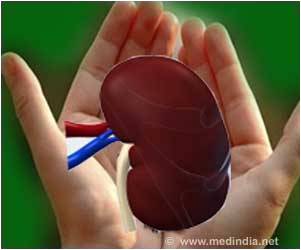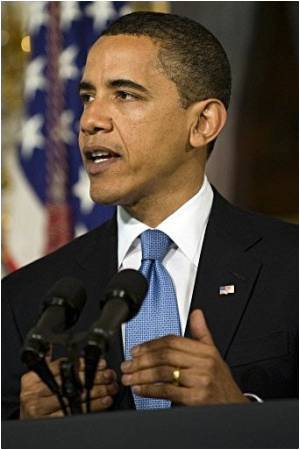In Columbia, all 50 states and the District have adopted the 2006 Revised Uniform Anatomical Gift Act (UAGA).

"Sometimes what we preach and what we practice may not be the same thing, especially when dealing with very sensitive issues such as organ donation," said W. James Chon, MD, assistant professor of medicine at the University of Chicago Medicine, primary author of the study, which was published early online in the American Journal of Transplantation
Chon and his colleagues conducted a web-based survey of the executive directors of 58 organ procurement organizations to assess their policies and practices regarding donations from registered donors in cases of family objections. Most of the respondents estimated the frequency of family objection as less than 10 percent.
Half the groups surveyed did not have a written policy for handling such scenarios. Twenty-one percent said they would first inform the family of the donor's wishes and proceed with procurement, and another 59 percent said they would proceed even if they could not persuade family members. Twenty percent, however, said they would not proceed with organ procurement unless they had consent of the family, and 35 percent had not procured organs against family objections in the past five years.
Chon said that despite the legal backing given by FPA legislation, procurement organizations still have difficulty dealing with family objections because questions about organ donation come at such an emotional time.
"When a deadly accident hits, the family is in a state of shock," he said. "Then out of nowhere, a total stranger comes up to say their son or daughter wanted to be an organ donor and the family often find it difficult to process the information in this time of emotional upheaval."
Advertisements
"What this study shows is that family objections to a kin's decision is rare. However, we have to remember that it only addresses those cases in which an individual has made known his or her wishes about donation," she said. "Unfortunately, this is a minority of the country, so it is critical that we convince the public to express their wishes using web-based consent registries, organ donor cards, or driver's licenses."
Advertisements
"As people are better informed and better educated about why we're doing this, I think most people will agree that it's really up to the deceased person to dictate how the organs are used," he said.
Source-Eurekalert










